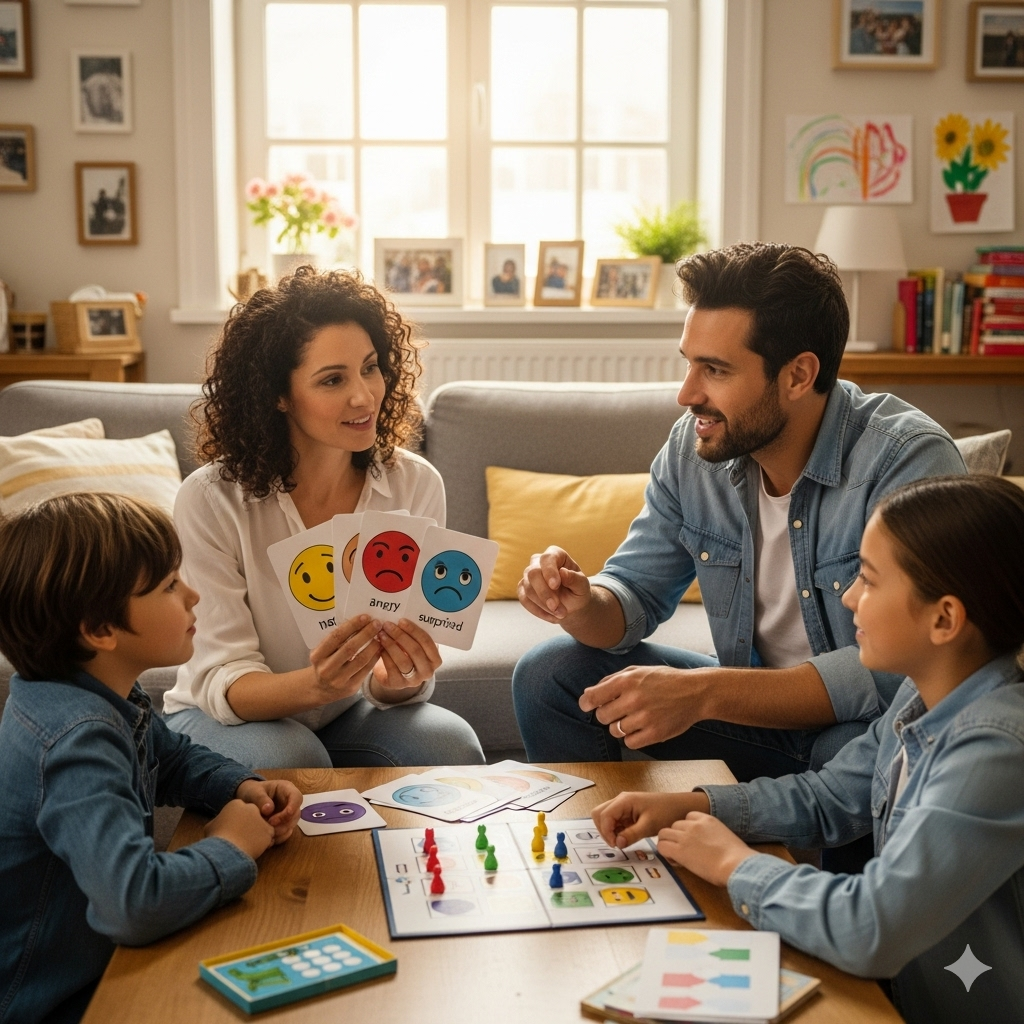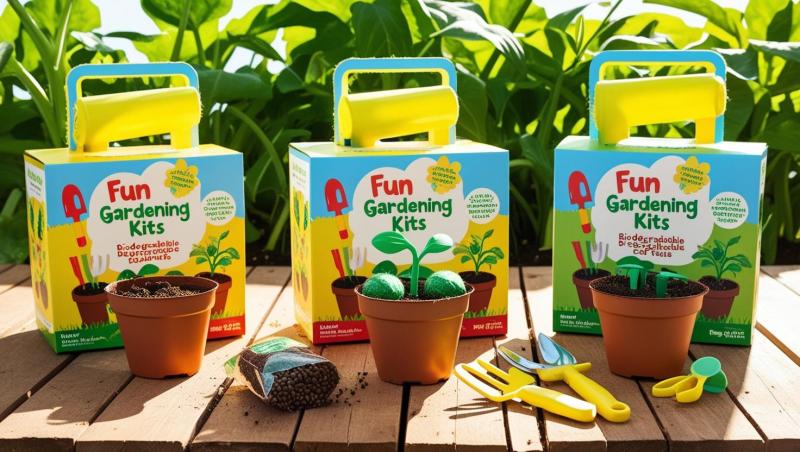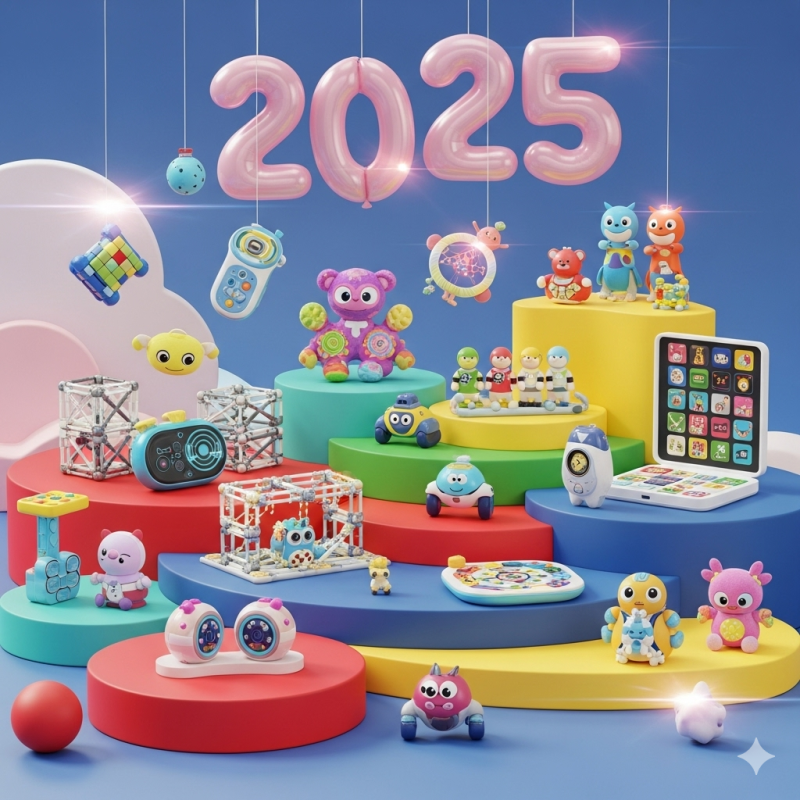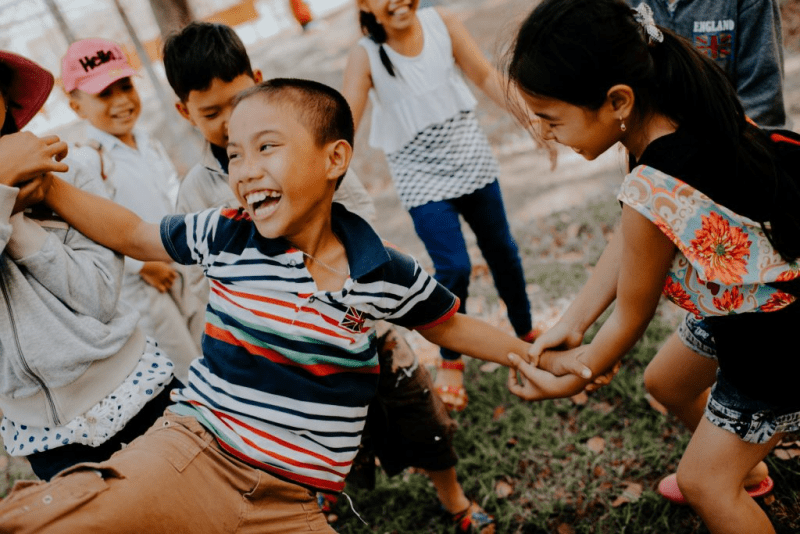Why Relationship Skills Matter
From the playground to the classroom, relationships shape a child’s world. One of the most important aspects of a child’s development is learning how to engage meaningfully with others. These early interactions teach trust, empathy, communication, and problem-solving—social skills that will remain crucial well into adulthood.
As parents, we often focus on academics or extracurricular achievements. Yet, relationship-building is just as vital. When you help your child build relationship skills, you give them tools to thrive emotionally as well as socially. At the heart of this process lies exploration: children discover who they are by engaging with different types of people, personalities, and interests.
Below, we’ll explore practical steps you can take to foster strong relationship skills in your child and ensure they feel accepted, valued, and confident in their growing social world.

Help Your Child Understand Themselves
Healthy relationships begin with self-awareness. Children who know what they enjoy, what they value, and how they feel will find it easier to connect authentically with others.
-
Observe and Reflect: Encourage your child to notice how they feel in different situations. “Did you enjoy playing that game? Why?”
-
Role Models: Children often decide who they want to be by observing others—siblings, friends, teachers, or even characters in stories.
-
Identity through Play: Toys can also help children discover themselves. Dolls, pretend-play kits, and building sets allow kids to experiment with roles, creativity, and problem-solving.
When children understand their own preferences and feelings, they’re more ready to respect the thoughts and interests of others.
Give Your Child Time With Friends
Once a child begins showing interest in socializing, it’s essential to allow them space and time with friends. While it’s natural for parents to want to supervise closely, appropriate freedom helps children develop independence within their friendships.
-
Encourage age-appropriate playdates, group activities, or outdoor games.
-
Support your child in choosing friends who make them feel valued and appreciated.
-
Allow them to work through minor disagreements with peers—these little challenges are learning opportunities in trust and compromise.
Friendships are a training ground for empathy, loyalty, and problem solving. The more opportunities your child has for genuine peer interaction, the stronger their relationship skills will become.
Don’t Plan Every Single Moment of Your Child’s Time
Today’s children often have schedules packed with school, sports, music lessons, and more. While structured activities are valuable, leaving open space for free play is equally important.
Unstructured time helps children:
-
Explore their own interests without outside direction.
-
Develop problem-solving skills through creative play.
-
Bond naturally with siblings and friends without pressure to “perform.”
Tip for Parents: Let your child enjoy moments of boredom. It may lead to imaginative games, building projects, or simply conversations with friends that strengthen interpersonal skills.
Provide Opportunities for Relationships Beyond School
Friendships shouldn’t only exist during class or organized sports. Children benefit from building bonds in more relaxed environments too.
-
Invite friends to casual home playdates.
-
Encourage group arts and crafts or cooperative board games.
-
Give them opportunities to meet children with different backgrounds and interests.
This helps your child understand that relationships come in many forms—classmates, neighbors, teammates, and more. Exposure to varied social circles expands empathy and cultural awareness.

Show Interest in Your Child’s Activities, Ideas, and Thoughts
Children thrive when they feel heard and respected. One of the best ways to teach them how to treat others kindly is by demonstrating it yourself.
-
Show genuine curiosity about what your child enjoys.
-
Listen carefully when they share ideas.
-
Ask open-ended questions: “What was your favorite part of the day?” or “What do you like most about playing with your friend?”
When you treat your child’s thoughts with importance, it not only boosts their self-esteem but also models listening and respect—the foundations of all strong relationships.
Help Your Child Express Emotions Appropriately
Relationships are not always smooth. Friendships sometimes lead to misunderstandings, hurt feelings, or jealousy. The key is teaching your child how to manage emotions in healthy ways.
-
Name the Feeling: Help your child identify what they’re experiencing: sadness, frustration, or anger.
-
Teach Responses: Instead of lashing out, guide them to use words such as, “I feel upset when you…”
-
Model Boundaries: Show them how to set respectful limits with peers, like saying “I need some space right now.”
These lessons in empathy and communication will stay with them for life.
Show Respect for Your Child’s Feelings
When your child opens up about emotions or social struggles, your response shapes their trust.
-
Validation matters: Say, “I can see why you’d feel upset,” rather than dismissing their concerns.
-
Respect their vulnerabilities: Make home a safe space for sharing feelings without judgment.
-
Encourage, don’t control: Guide children toward solutions instead of solving everything for them.
The more children feel respected, the more confident they’ll be expressing themselves with friends, teachers, and eventually colleagues.
Limit Screen Time to Encourage Face-to-Face Connections
Technology is valuable, but screens can sometimes hinder genuine social interaction.
-
Encourage playtime without phones or tablets.
-
Limit device use during playdates or family dinners so children learn to focus on conversations.
-
Promote cooperative or outdoor toys that require teamwork and personal engagement.
Healthy, balanced screen use ensures that children build real-world relationship skills, not just digital connections.
The Life Skills Tied to Relationship-Building
When you help your child build relationship skills, you are strengthening a wide range of interconnected life skills, including:
-
Communication: Expressing thoughts clearly and respectfully.
-
Listening: Paying attention to others and understanding their perspectives.
-
Empathy: Recognizing and respecting the feelings of others.
-
Conflict Resolution: Working through disagreements without damaging friendships.
-
Teamwork: Collaborating and contributing to group goals.
These skills don’t just prepare your child to navigate playground dynamics—they prepare them for successful relationships in school, the workplace, and throughout life.
Practical Activities to Nurture Relationship Skills
Here are activities you can integrate into daily life to promote social-emotional growth:
-
Board Games and Puzzles: Teach teamwork, patience, and fair play.
-
Role-Playing Games: Help children practice empathy by imagining another’s perspective.
-
Storytelling Together: Build creativity and communication—take turns contributing to a story.
-
Outdoor Cooperative Games: Encourage trust, problem-solving, and teamwork.
-
Acts of Kindness Jar: Each week, family members add notes about kind things done for friends or siblings—helping children reflect on positive behaviors.
At JustToysStore, we recommend cooperative toys and games that encourage sharing, teamwork, and empathy-building. Choosing toys that focus on play together rather than winning alone can be an excellent social learning tool.
Conclusion: The Gift of Strong Relationships
Helping your child build relationship skills is a lifelong investment in their happiness and success. Social skills—like empathy, listening, respect, and communication—are not just “extras.” They are core traits that will guide your child in friendships, academics, work, and family life.
You don’t need to overcomplicate it; you simply need to create opportunities, offer guidance, and model kindness in your own interactions. Encourage your child to discover who they are, enjoy friendships at their own pace, and learn from both the joyful and challenging aspects of social connections.
Ultimately, relationship building is about learning to connect, understand, and care for others. When children develop these life-affecting skills, they grow into confident adults capable of creating meaningful, lasting relationships in every stage of life.



